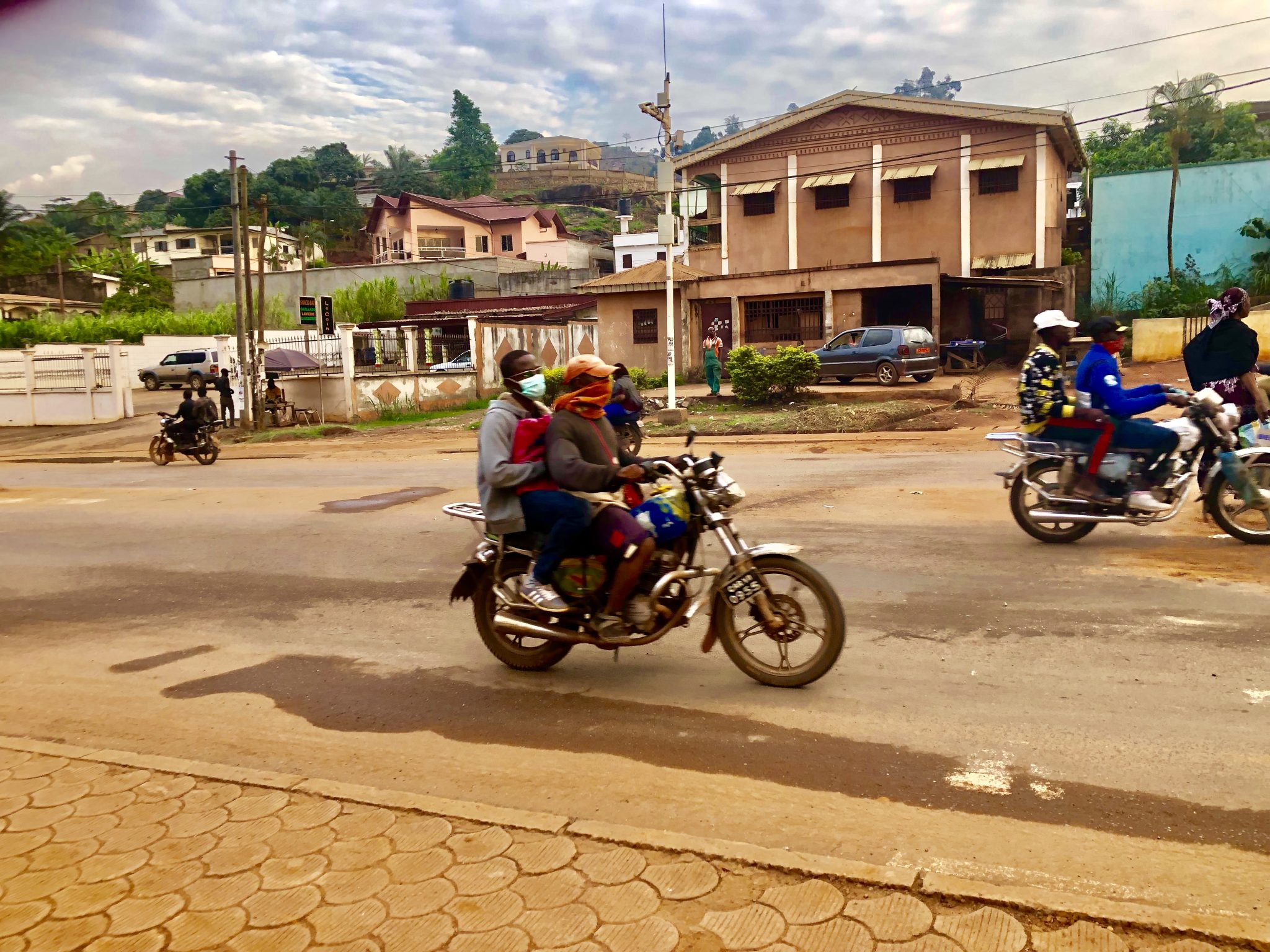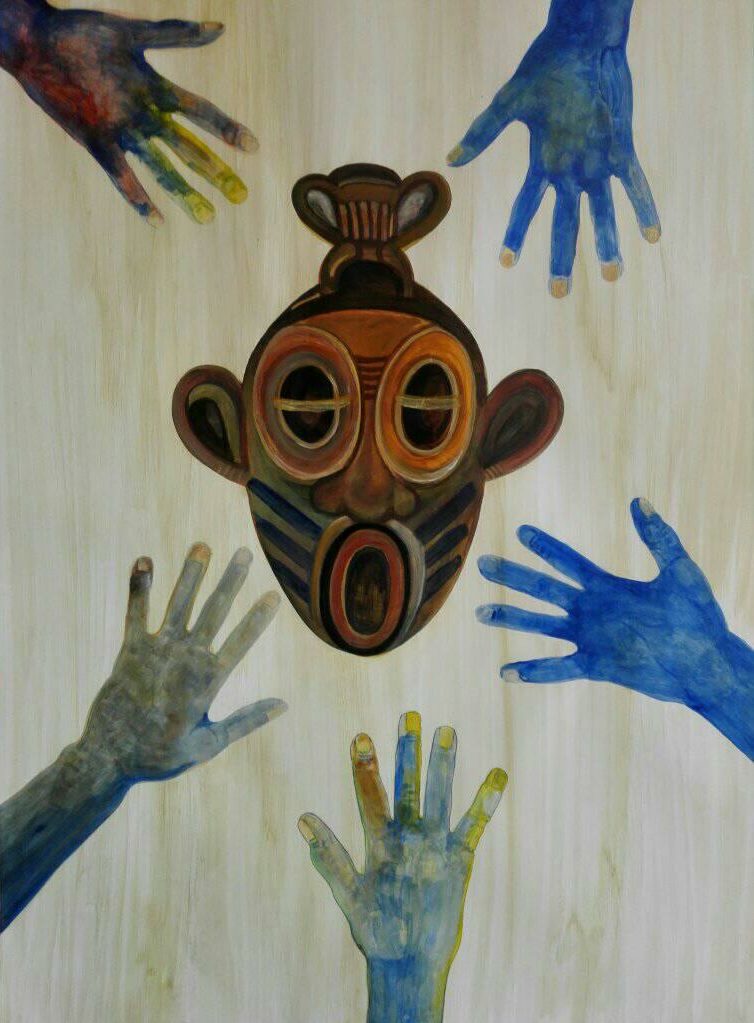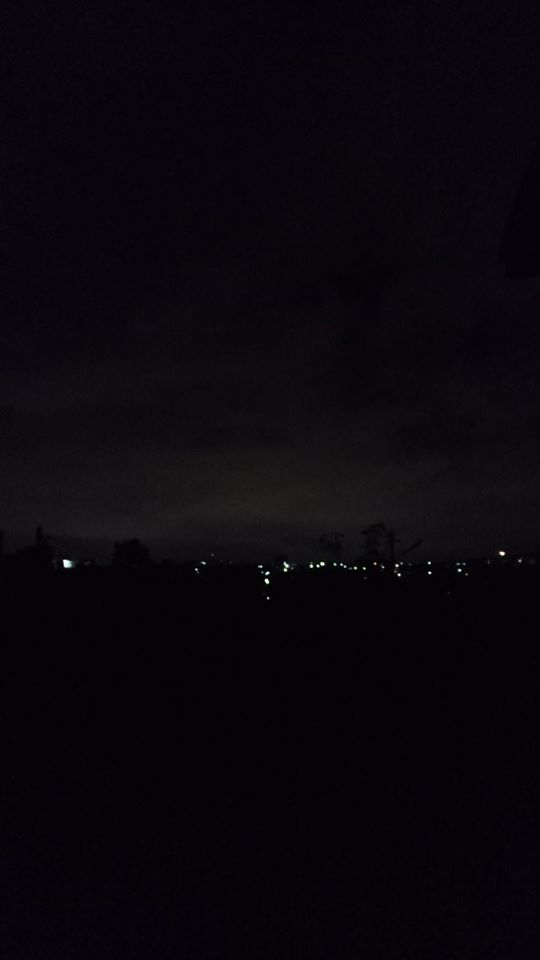Containment Reality in Yaounde
By Stella Tchuisse
In nearly every taxi I took on the days following the Prime Minister’s announcement, “Corona Virus” was the hot topic. People were either talking about the effects of the illness around the world or the difficult applicability of the safety measures in our African context. While some people thought the government’s decision to close every school and university was an overreaction leading to uncertainty about the pupils’ future education, others thought that it was the right decision. In one taxi I met a man arguing that because of the government the entire academic year will be cancelled, students will not have their national examinations and will decide to definitely quit from school (I am still to figure out how he came up with such a “brilliant” conclusion). A woman retorted that his argument was absurd and that students will have their national exams since more than half percent of the academic programs has been covered. The man and woman kept arguing on corona virus related issues and granted the other passengers of some silence only when the woman got out of the taxi. On that day I asked myself, why are they all talking about it and at the same time being negligent about social distancing?
It is during such conversations in public transport that you discover how superficial some people’s knowledge of the subject is. The ignorant people will often argue that the corona virus cannot kill “us” black men and that due to high temperatures in Africa it cannot survive. Others will tell you that every bitter traditional drink can kill the virus and will keep quite when you ask for proofs. On the other hand, you find during such conversations some people listen to the news every day. One will talk to you of the international travellers kept under quarantine in hotels for 14 days because that’s how long the virus can take to incubate itself in human bodies, others when seeing you wearing a medical mask immediately tell you that masks are for medical health staff and patients and that the safest attitude is staying home, washing your hands with running water and soap often and avoiding hand contact with the face because the nose, mouth and eyes are the main entrance for the virus. The recurrence of COVID-19 conversations in public transport tells how preoccupied or affected the people are. Nevertheless, we notice that the crowd in market places is as affluent as before the outbreak of the virus. Could we be so carefree as to not change our behaviours in order to save our lives?

It seems after listening to the news for two weeks and noticing that on each day some more infected cases are reported; people are changing their behaviours. More and more people are practicing social distancing and other preventive measures. You can see that from the number of common people and celebrities sharing and posting information about the preventive measures on Facebook, Instagram, Twitter and WhatsApp advising their social media friends and followers to “stay home to save theirs and their families’ lives”. On twitter the Minister of Public Health’s account has seen its number of followers greatly increased with up to 1000 retweets for just one tweet. The very active comment section shows how curious and engaged people are. Is this demonstration of concern and advice on social distancing felt on the streets?
The mild desertion of road junctions will make you think that people are respecting the containment advice. But this is true only for a “part of the population. While going to a pharmacy (of course I go out only if I can’t do otherwise), I realise that the recommendation of the government on a restricted number of people in public transport is effectively practiced. Taxi drivers can have a maximum of 3 customers only while Bendskins (Bikers) can have only one customer. I must admit I am happy with that new rule as it gives more comfort and space to the customer, but I also understand that if transport fare is not reviewed, taxi drivers and bikers will stand to lose the most. The taxi I took to the pharmacy has no other customer than me, and I am paying only a 100 CFA Francs (the distance is short). While in the car I feel an urge to cough but for the risk of being tagged “corona virus” I hold myself from doing so. When I get off the taxi, I noticed that people no longer look at someone with a medical mask as if he/she was an unknown creature coming straight from planet Mars (I did experience that two weeks ago).
When standing at Carrefour MEEC, only the blind would not realise it is less crowded and the number of vehicles taking the roundabout or parked by the roadside are considerably reduced. Before entering the pharmacy, my hands received a generous offering in the form of hydro alcoholic gel bestowed upon them by the pharmacy guard and in the health sanctuary, I had to place my request from a 1-meter distance. No need to worry if one doesn’t know how long a meter is, because a rope is placed one meter after the reception desk to guide you. Pharmacies are indeed among the rare institutions that are keen on the respect of safety measures to stop the spread of the virus. Unfortunately, the contrast between this pharmacy and its surroundings is notorious.
Take for example, the callbox guy who in a period of 15 minutes receives about 5 to 10 customers who either want to transfer money and credit or simply place a call. He gives his phones to customers and enables them to input their telephone numbers. These phones go from one hand to another, for over a hundred times a day without being sanitised. The callbox guy definitely does not know that the COVID-19 virus can survive for 2 or 3 days on plastic and steel surfaces and that his phones are thereby potential carriers of the virus. I am convinced that if he knew, he would have either hydro alcoholic gel or running water and soap by his side, but he has none. Or, could he belong to that category of people who think the corona virus cannot kill black men?
The callbox guy is not the only carefree person that you would see at Carrefour MEEC. Three meters away from him, a woman is taking some fresh mangoes out of a traditional basket and assembling them in bunches for sale. If you ask her she would tell you that a pile of 6 medium sized mangoes costs 200frs and that her mangoes are firm and sweet, even if the reverse is true. These mangoes are settled on a plastic bag and the plastic bag itself is placed on the bare ground. 10 minutes later a woman with a basket full of mangoes arrives on a bike and the first woman helps her by taking the basket so that she would easily hop down off the bike. The same scenario happens 5 minutes later. So we now have three women, of the same ethnic group (they communicate with one another in a Bamileke language), selling the same product, on the same spot, with the same conditions. They certainly do not know that since the outbreak of COVID-19 in Cameroon, selling goods on the floor has been prohibited. I am convinced that if they knew, they would have put their mangoes on a table. Or, could they belong to that category of people who believe COVID-19 could be cured with any bitter drink?
Of course, the “carefree” ones are not the only kind of people you will meet in the street. A few people respect some safety measures when they have to abandon their containment homes in search of basic necessity products or other important stuff.
In the absence of taxis, my eyes decide to look at every passing car, be it on my side of the road or the other. I then noticed that most people I see in luxurious cars have a medical mask on their faces, while only few of those in taxis and rustic cars have a medical mask. Should we conclude that the wealthy people are more conscious because they have better access to knowledge and information? Or should their wearing of the medical mask be attributed to the fact that, unlike the commoners, they have enough money to afford one (sold at a 1000frs a unit in some pharmacies) for daily use? Can we assume that the common people do not have medical masks because their knowledge of the disease is insufficient? Or should we attribute it to their very low income? I might find answers to these questions while trekking to Carrefour Tsimi. Like many others, I am obliged to walk home because of the limited number of seats available per car.

Stella Tchuisse is a Cameroonian actress and filmmaker. She graduated from the Advanced School of Mass Communication with a degree in Corporate Communications. After working with a local TV station as Communications Officer, she started a career in cinema. She has been exploring acting, screenwriting and directing, with a strong desire to tell impactful African stories for positive change. In 2018 she directed her first short film and three others the following years. She is a Talents Durban 2020 alumni, a 2021 Africa No Filter Emerging Artists fellow and a 2022 Prince Claus Seed Award recipient.
———-
Stella Tchuisse est une actrice et cinéaste camerounaise. Elle est titulaire d’une licence en Communication des Organisations obtenue à l’École des Sciences et Techniques de l’Information et de la Communication. Après avoir travaillé comme chargée de communication pour une chaîne de télévision locale, elle décide de s’intéresser aux métiers du cinéma. En tant qu’actrice, scénariste et réalisatrice, elle nourrit le désir de raconter de fortes histoires africaines pour une évolution positive. Elle réalise son premier court métrage en 2018 et trois autres les années suivantes. Stella Tchuisse a participé à la formation Talents Durban 2020 et est lauréate de Africa No Filter- Emerging Artists Fellowship 2021 et Prince Claus Seed Awards 2022.
Share this content:




Laisser un commentaire